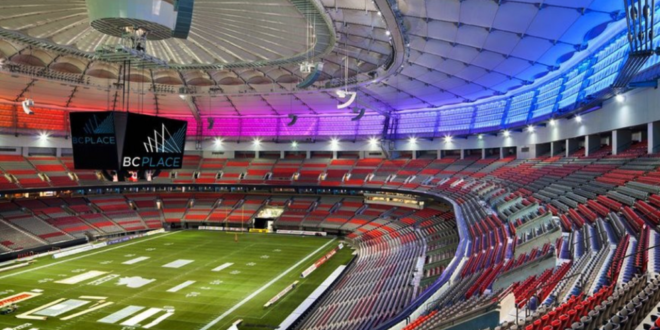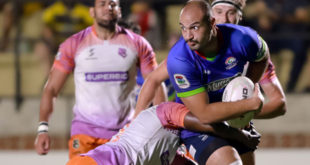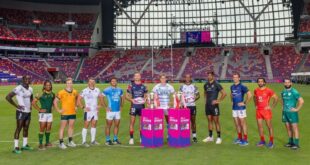Ongoing discussions to establish a Global Season are reported to be reaching a stalemate. The divide of union-run professionalism and that of private-run leagues has a north vs south split.
Going to War
In seeking to find common ground the meetings have, thus far, failed. Midi Olympique wrote that “the NZRU is ready to go to war to have peace”. In order to maintain the All Blacks are the world’s leading team the national union, the NZRU is maintaining strict player control.
In standing up against both Tier one European unions and the rich leagues found in the continent the NZRU is to simply play more games. The extent of this means that what is already a massive international program will be further expanded. The 2016 total of 14 games is set to be increased to 18.
More matches are deemed the solution to fight against Europe and to make a reasonable profit. The high costs of running five Super Rugby franchises and a troubled domestic league mean the NZRU is to step-up its ‘pay for play’ policy.
The USA Eagles’ home match in Chicago in 2014 was organized with the visitors picking up a lucrative appearance fee. With 61,500 having attended in 2014 the All Blacks returned this past weekend. The opposition was Ireland – a union with strong, albeit not total, control over players. The choice of playing against Ireland was based on the Irish being able to (a) field close to their first choice lineup, (b) Ireland’s standing in 2016, (c) Irish community in North America and (d) Irish love for traveling as supporters.
Financial Stand-off
With the teams playing against in Dublin in less than two weeks time the fixture was highly unusual. It follows on from a recent home match in Auckland against Australia. That was the third Bledisloe Cup match, one too many after New Zealand had already won the opening two matches.
In search of increasing budget sized more rugby is being played. But with hard-ball being the declared policy it means the NZRU is walking on dangerous ground. Earlier this year it was revealed that the NZRU based the RFU for 3million pounds as an appearance fee. This was for a match in London this month.
It would have been outside of the player release window, making it costly for England. The RFU turned down the request to instead add a match against Australia. The December 03 fixture will be the second Wallabies match played outside of the release window. The first took place this past Saturday against Wales in Cardiff.
Both England and Wales got extra matches at a cheaper rate. As hosts they walk away with the earnings from gate earnings. NZRU CEO Steve Tew has openly argued that this is unfair. Tew would like the NZRU to take a substantial percentage of the gate. On the flip side of the coin the 2017 Lions tour will see New Zealand making a huge profit. England, Ireland, Scotland and Wales are not to gain from the gates whatsoever.
Under this financial stand-off options are very limited. England and Wales happen to be the most profitable of all unions. They own their own stadiums and succeed in promoting matches. England vs Fiji and Wales vs Japan this month are both sell-outs.
In 2013 New Zealand opened their November tour in Tokyo. They departed for Europe with a handsome profit. Prior to that the All Blacks vs Wallabies match in Tokyo in 2009 saw both unions splitting the earnings.
Other possibilities are being explored. The NZRU entered talks with Racing 92 to play at the opening of the club’s new stadium. The union demanded €2m for the match which Jacky Lorenzetti has declined. The Leicester Tigers or Munster would not likely put up such costs for a match either.
Games in the Americas?
This goes to underline the importance of the Americas’ market. There is simply a limited number of options available to give a team 18 games a year. Hong Kong was used twice for Bledisloe Cup matches and may return. The success of Sevens in Dubai may be the other available Asian option.
In Europe the All Blacks could look to follow Los Pumas by renting Twickenham for a test match. Cardiff, Edinburgh and Manchester would all be options. Finding a team to play would not be easy and would involve sharing profits. The Six Nations unions are all doing well for themselves.
Finding places to play which offer strong financial returns also cancel out Fiji, Samoa and Tonga. It is, nonetheless, Tier 2 locations which are potentially the answer. The USA is certain to remain in contention for All Blacks’ matches. Canada may be the next market to explore. A game in Vancouver or Toronto against Canada or a double-header has potential. The success of the inaugural Canada Sevens at Vancouver’s BC Place offer a strong candidate.
 Americas Rugby News Rugby news from across the Americas!
Americas Rugby News Rugby news from across the Americas!




